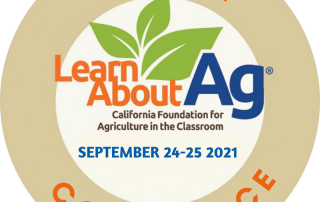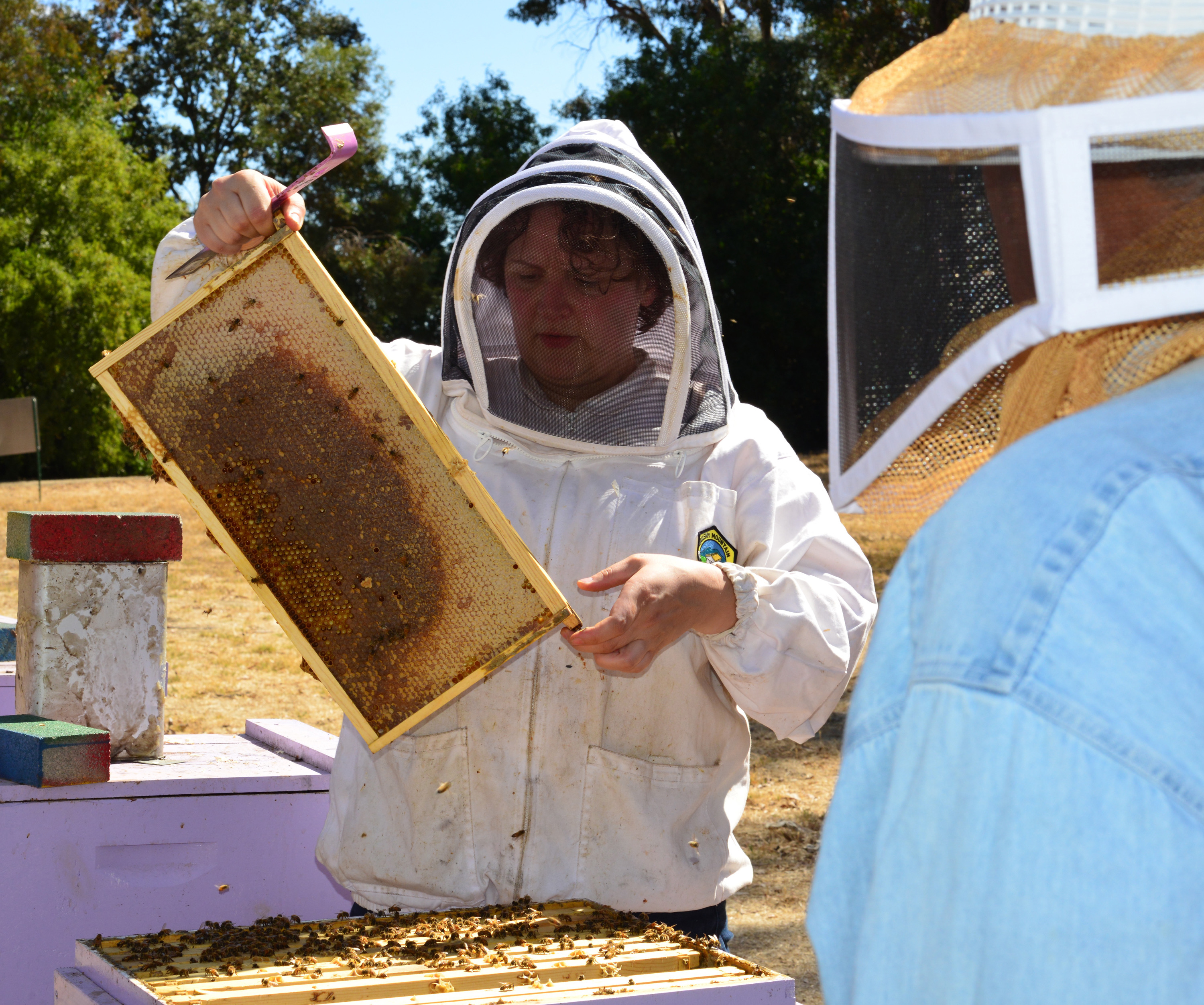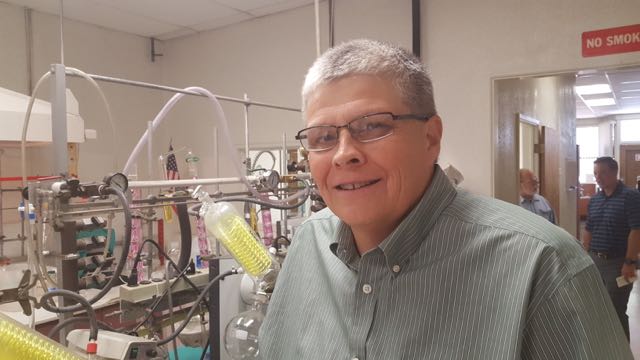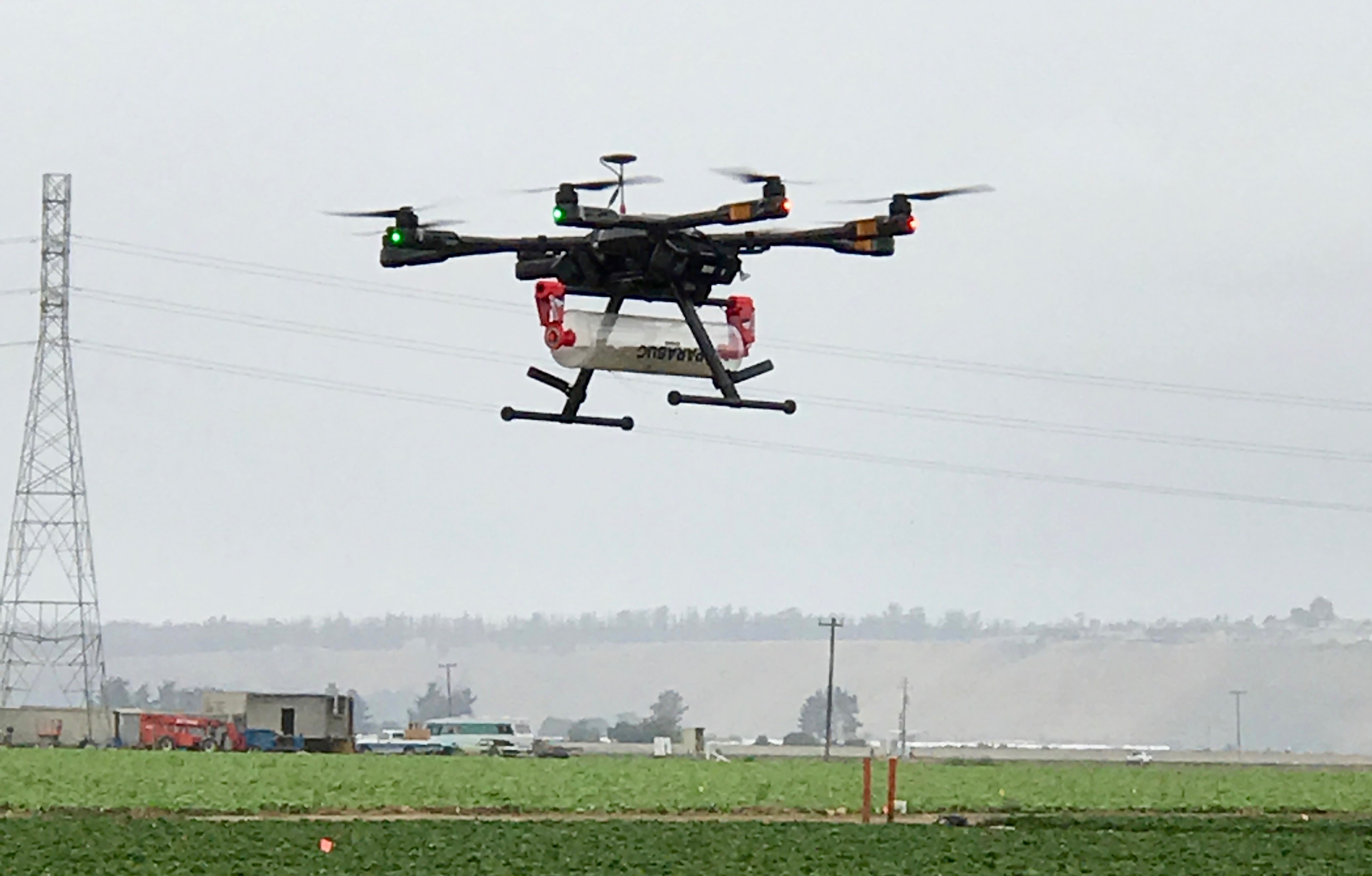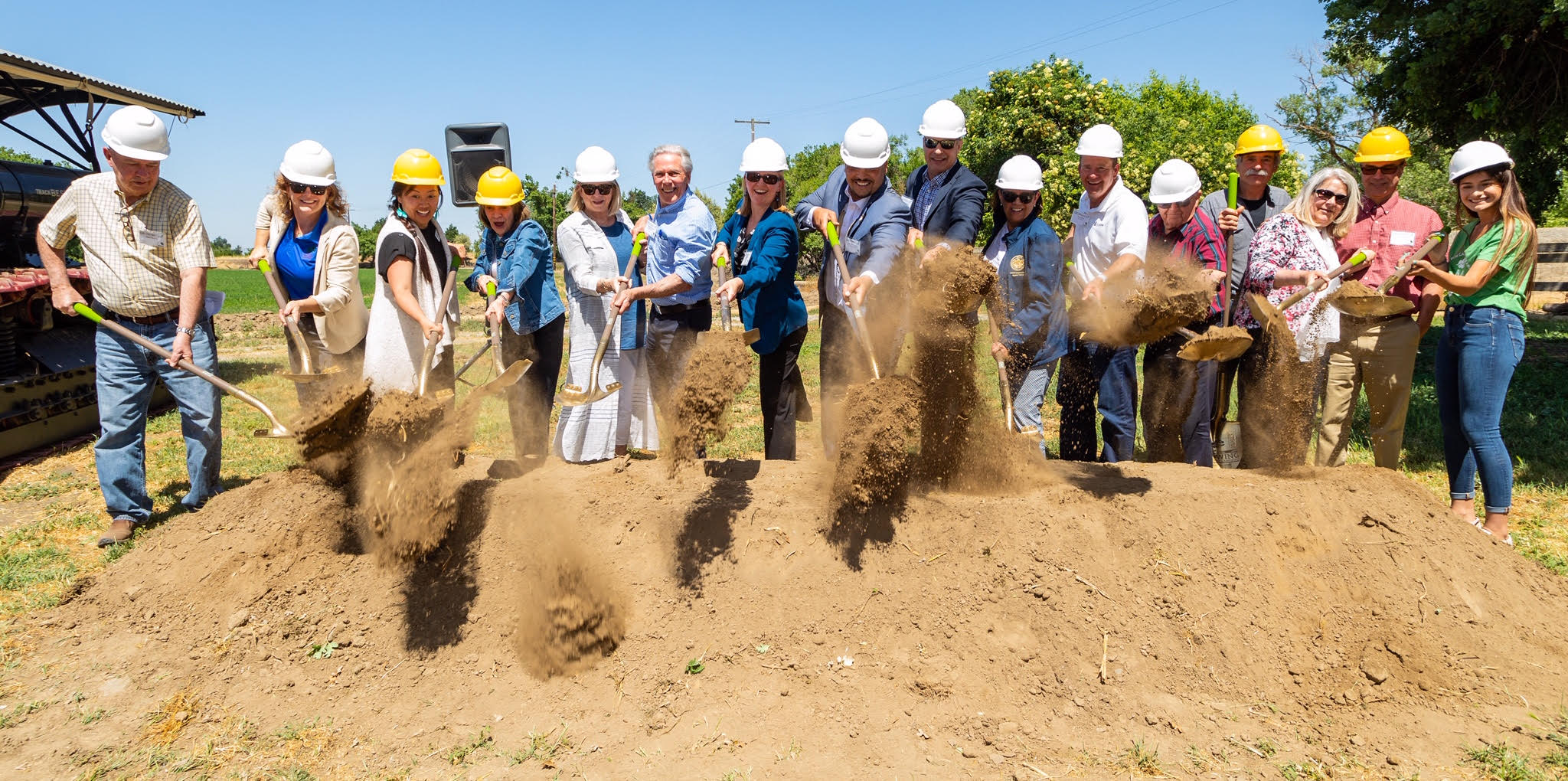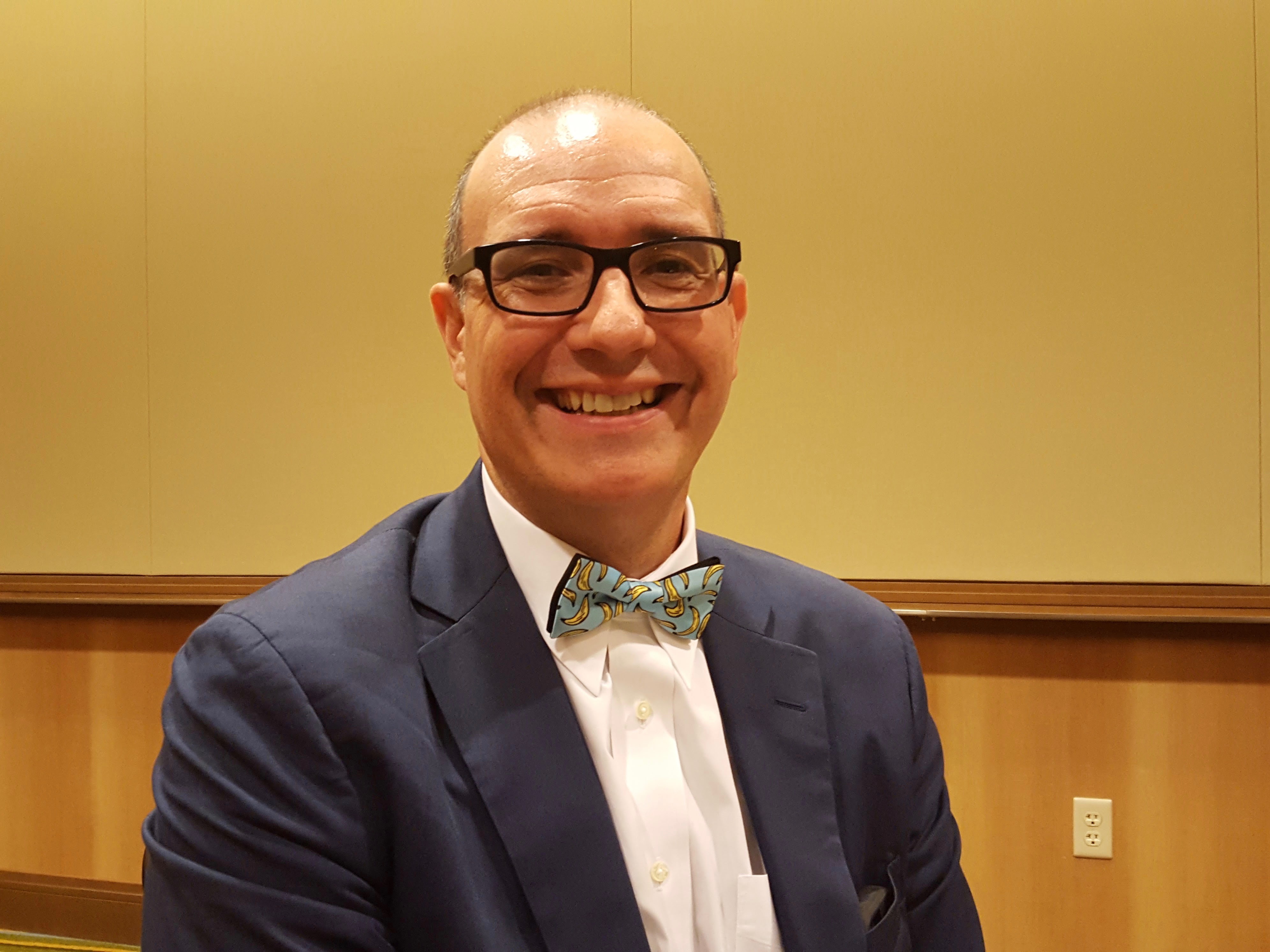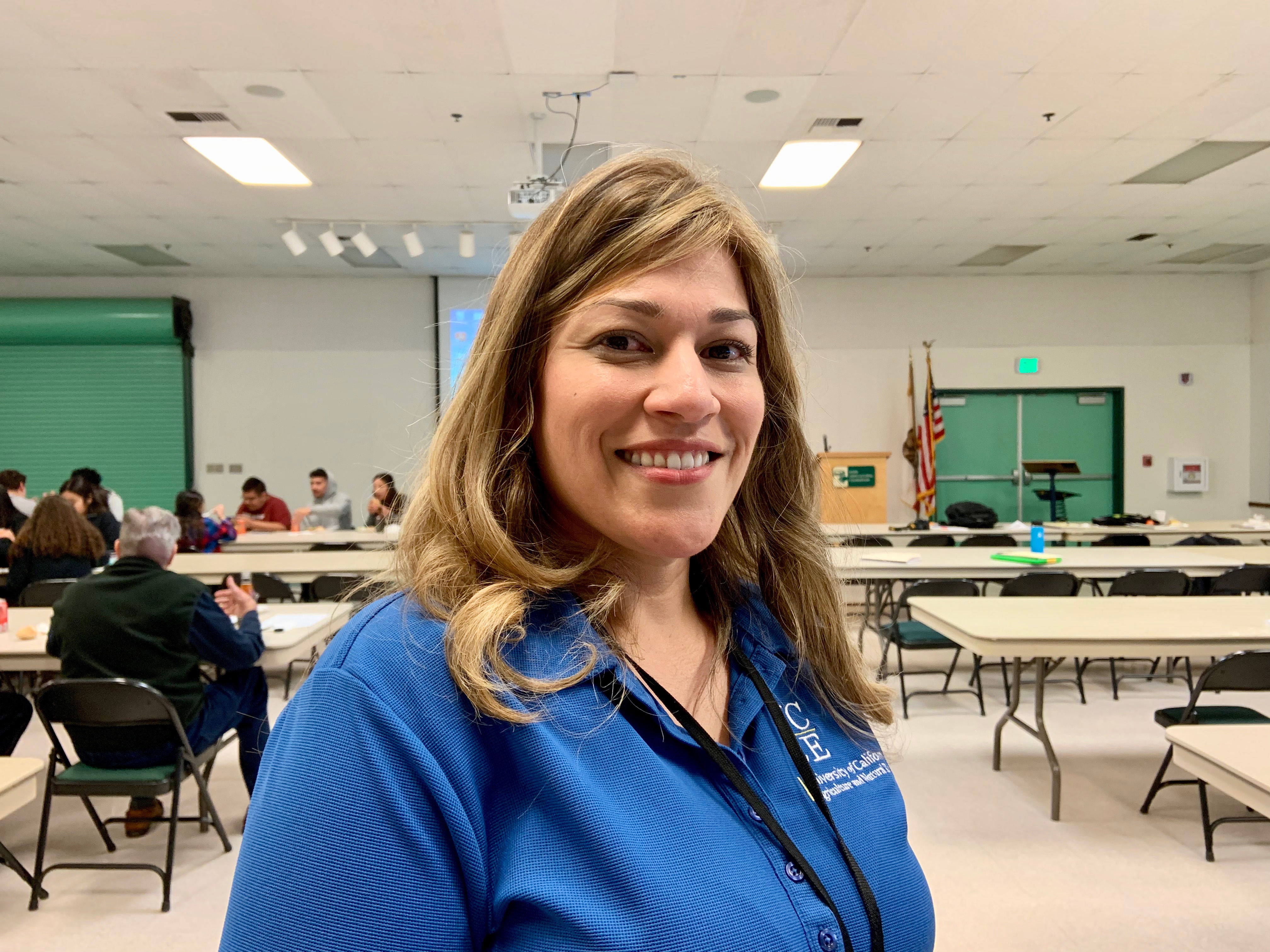LearnAboutAg Classroom Conference 2021
Save the Date for the Virtual 2021 California Agriculture in the Classroom Conference, September 24-25, 2021
LearnAboutAg.org, the California Foundation for Agriculture in the Classroom has scheduled its 34th annual conference for educators—an online class
California agriculture is diverse—producing everything from vegetables, to milk, to fruits and nuts, and to field crops and livestock. Farming shapes the local landscape in each California county. The goal is to make sure students learn about agriculture and how it contributes to each and every one of our lives each and every day.
Teaching students about the journey their food and fiber undergoes from the farm to their everyday lives is an important message. Using Agriculture in the Classroom allows students to experience real-life lessons that they will remember for the rest of their lives.
Although the conference lasts only two days, it’s hoped that teachers continue to LearnAboutAg® all year long! LearnAboutAg is here to help you continue incorporating the theme of agriculture into your classroom, or for those of you new to our program, how to get started!
We look forward to your registration and “seeing” you on Zoom!

